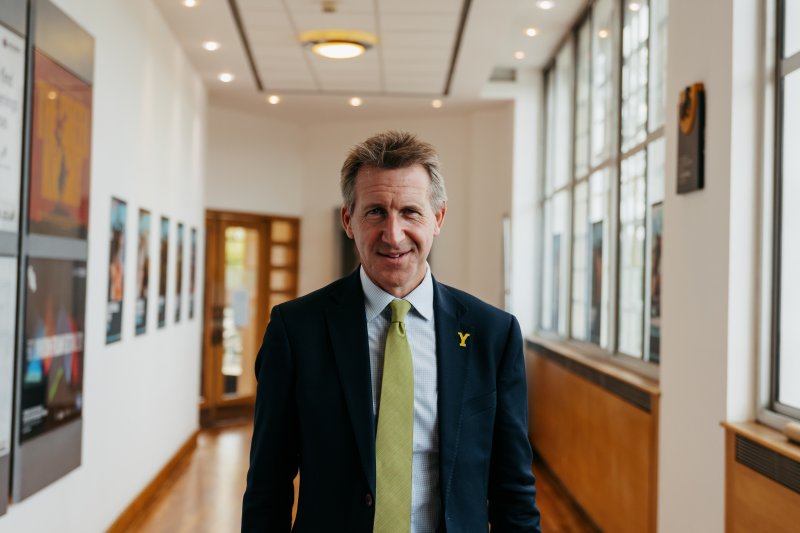AN anti-fraud policing team helped claw back thousands of pounds stolen from vulnerable residents who had been duped out of their savings by criminals exploiting self-isolating pensioners during lockdown.
Operation Signature has been rolled out by police across the town - focusing on protecting those deemed to be at high risk of fraud - which has seen each of Barnsley’s six neighbourhood policing teams tasked with advising vulnerable people about the potential pitfalls of fraud.
A Penistone man, who lost more than £60,000 of his life savings after investing them into a fake Bitcoin trading platform, was able to get all of the money back from his bank while an 87-year-old woman, from Ardsley, was hoodwinked into believing a call from NatWest was genuine.
Criminals tricked the victim into thinking there had been ‘suspicious activity’ relating to their account and, as a precaution, advised them to transfer more than £4,000 to another bank.
Andy Foster, protection officer for financial-related matters at South Yorkshire Police, admitted that fraudsters’ activity remains a ‘serious concern’ for officers in Barnsley.
“Fraud is the most common crime in the country but sadly it’s often impossible to trace the criminals behind the offences,” he said.
“Banks and payment providers have added a new voluntary code to the banking protocol to follow to ensure they are protecting customers from authorised push payment fraud, which is when victims are tricked into sending money to a fraudster.
“The protocol is a partnership between the banking and finance industry and police forces across the UK, and aims to protect vulnerable people from becoming fraud victims by putting measures in place within branches to identify potential cases of wrongdoing.
“As part of the new code, banks must detect payments that are at high risk of resulting from a scam, provide warnings to customers about the risks of sending money via a bank transfer, and identify customers who may be vulnerable to scams.
“If the bank you sent money from, or the bank which received the money, fails to meet these standards, in some cases there is a chance you may be able to receive a repayment.”
South Yorkshire Police’s fraud team urged Barnsley residents to be vigilant after learning criminals were also posing as government officials, calling people and claiming they were due a tax refund if they contracted the virus.
As well as this, doorstep fraud - which has seen criminals taking advantage of the influx of genuine volunteers offering their services to go shopping for at-risk residents - has dramatically risen according to bosses.
Local officers are now working alongside the National Crime Agency (NCA), Action Fraud and Age UK as it’s feared the majority of people targeted fell into the elderly bracket, many of whom are in self-isolation due to the virus’ spread.
“We’re seeing hundreds of cases on a monthly basis - it’s an epidemic within this pandemic and it’s something forces struggle to prevent due to its nature,” Andy added. “Money, once it’s gone, often goes from one place to another so it’s difficult to trace.
“I’ve seen in the past how shocking it can be and some people have lost their entire life savings as a result of being conned by a caller.
“We believe many victims opt against reporting costly crime simply because they’re embarrassed.
“Banks or the police will never ask anyone to withdraw cash or ask for security details so please be on your guard if you receive a call from ‘your bank’ or from someone claiming to be from the police.
“I would advise anyone receiving unsolicited calls via their home phone to contact their telephone provider and ask them if they provide a free call-blocking service.”




























